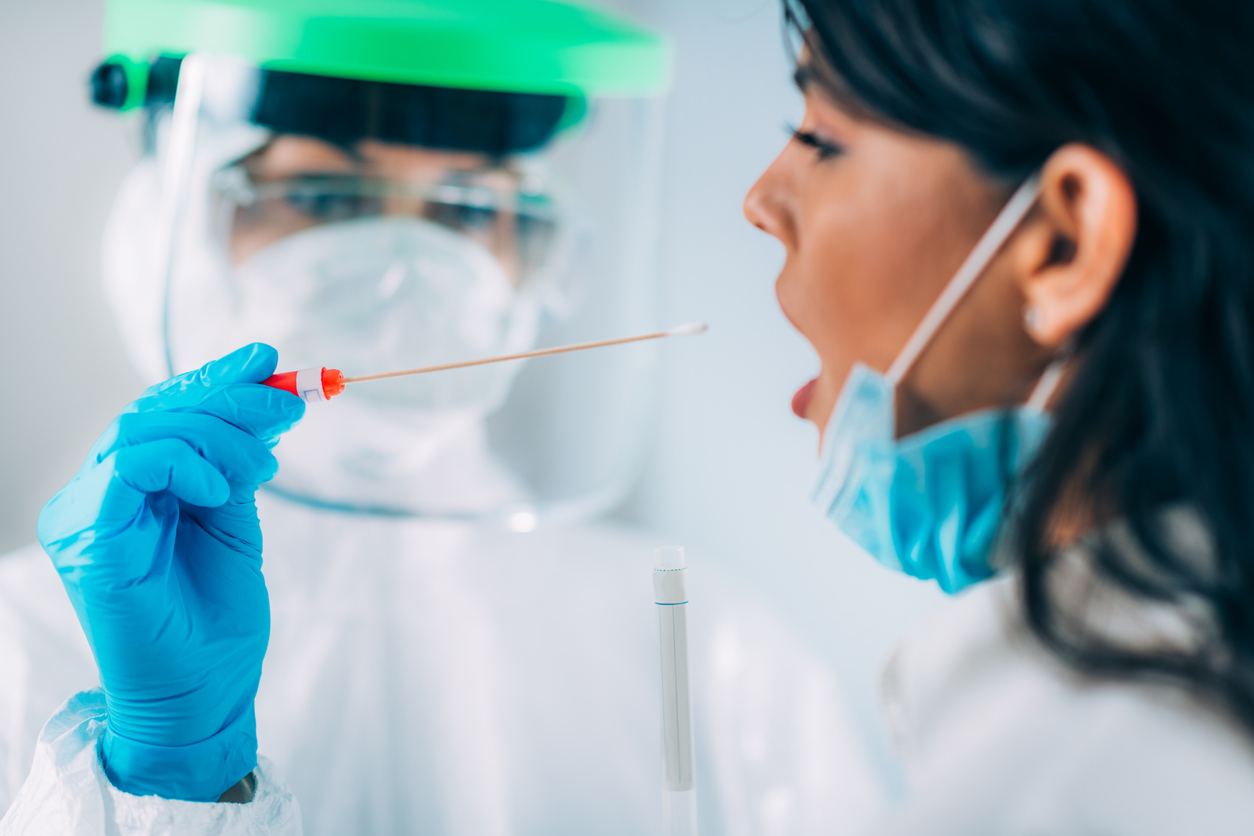
IIT Delhi to offer open licence to firms for its COVID test kit, but with rider

A week after the Indian Institute of Technology (IIT), Delhi, announced that it had developed a COVID-19 testing kit, the premier institute has planned to offer an open licence to companies for commercialising the test, but with a rider.
While over 40 companies reaching out to the institute, IIT-Delhi will be giving the licence to the firms that meet its quality criteria. It is the first academic institution in the country to develop a COVID-19 testing method and has obtained the approval of the Indian Council of Medical Research (ICMR). The kit is expected to be in market within three weeks.
“We will be giving the licence with a price rider so that companies do not hike the price once commercialised,” said IIT-Delhi Director V Ramgopal. The institute has set criterion, including quality checks and experience in manufacturing. “So far we have identified three of them,” he said, adding that others would be selected soon.
Elaborating on the price rider, Rao said the test will cost less than ₹500. “The method involves a cost of ₹200-300 a test. So overall, the test should not cost more than ₹500. If some companies decide to do the production as a CSR initiative, the price could be even lower,” he said.
Related News: Testing not enough, scientists examine sewage to gauge COVID-19 spread
The development comes against the backdrop of the ICMR halting the testing for COVID-19 cases through China-made rapid test kits because of massive variation in test results.
The team said the current testing methods available were “probe-based”, while the one developed by them was “probe-free”, reducing the testing cost without compromising on accuracy. Using comparative sequence analyses, the team identified unique regions (short stretches of RNA sequences) in the COVID-19 and SARS COV-2 genome.
RNA or Ribonucleic Acid is one of the major biological macromolecules that is essential for all known forms of life. It performs various important biological roles related to protein synthesis such as transcription, decoding, regulation and expression of genes.
“Using comparative sequence analysis, we have identified unique regions in COVID-19. These unique regions are not present in other human coronaviruses providing an opportunity to specifically detect COVID-19,” said Professor Vivekanandan Perumal, head of the team had.
Related News: Rapid surge in cases, slow tests blight Bengal’s war against COVID-19
“Primer sets, targeting unique regions in the spike protein of COVID-19, were designed and tested using real-time polymerase chain reaction. These primers specifically bind to regions conserved in over 200 fully sequenced COVID-19 genomes. The sensitivity of this in-house assay is comparable to that of commercially available kits,” he added.
The research team includes PhD scholars Prashant Pradhan, Ashutosh Pandey and Praveen Tripathi, post-doctoral fellows Dr Parul Gupta and Dr Akhilesh Mishra and professors Vivekanandan Perumal, Manoj B Menon, James Gomes and Bishwajit Kundu.
According to the Union Health Ministry, the death toll due to the novel coronavirus pandemic rose to 1,147 with 72 more fatalities and the number of cases climbed to 35,043 in the country on Friday (May 1). The active COVID-19 cases stood at 25,007, while 8,888 people have recovered, and one patient has migrated.
(With agency inputs)

